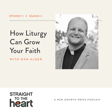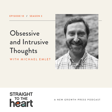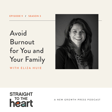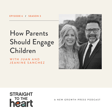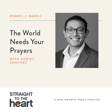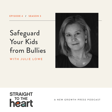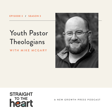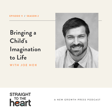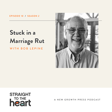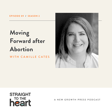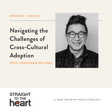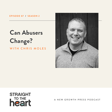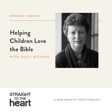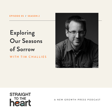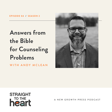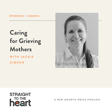
The Way Forward with PTSD with Curtis Solomon
In this episode of Straight to the Heart, our host, Rush Witt, talks with Dr. Curtis Solomon. They dive into the hallmarks of the PTSD experience and key ways biblical counseling has been effective in helping those suffering from PTSD. They also touch on a fascinating historical perspective, discussing PTSD in the context of World War II and the lessons learned from that era.
CURTIS SOLOMON ONLINE
Curtis' Website
Biblical Counseling Coalition
Facebook
Instagram
Twitter/X
MENTIONED IN THIS EPISODE
I Have PTSD
Redeem Your Marriage
Reclaim Your Marriage
For more about the podcast at New Growth Press online.
Timestamps:
1:50 - Welcome
3:28 - Can you give a brief overview of the BCC and your role in it?
10:03 - Where did your interest in PTSD begin?
17:16 - What are some of the hallmarks of the PTSD experience?
24:57 - Does PTSD usually result from physical trauma?
32:05 - How do you help a person see a difference between hardship and trauma.
37:28 - What are the key ways you’ve seen biblical counseling help people suffering with PTSD.
47:37 - A Final Question About PTSD and WWII
57:11 - Farewell
